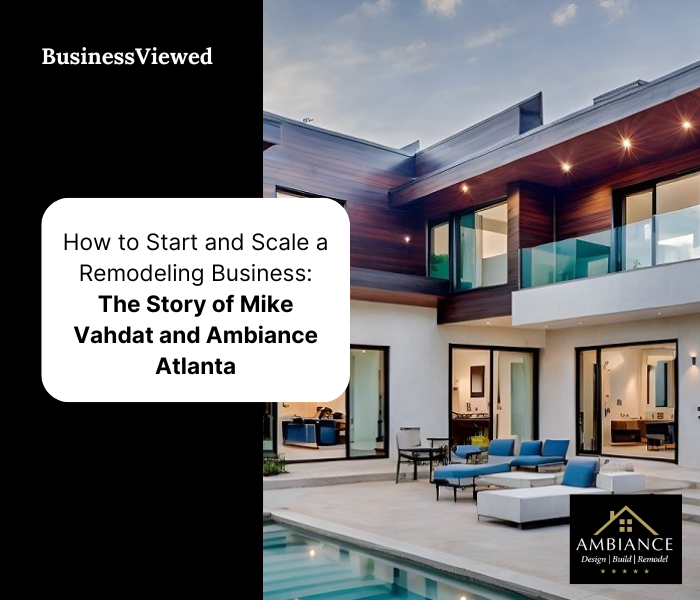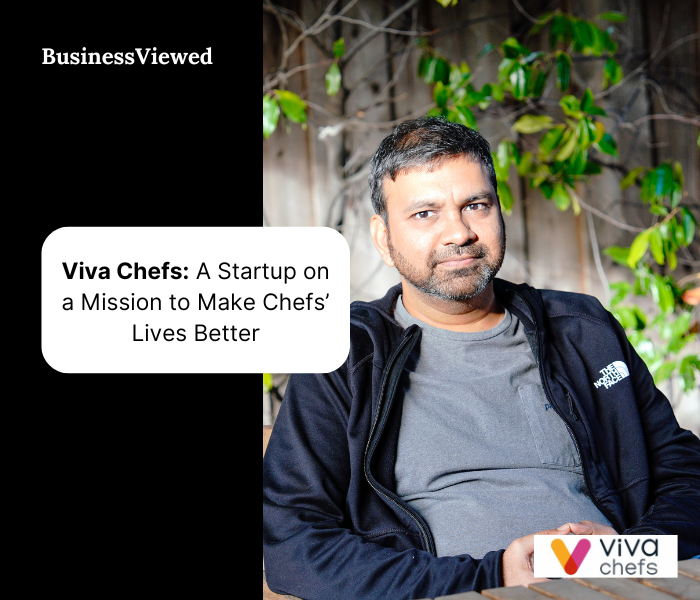We sat down with Enricko Lukman, co-founder of Content Collision, a PR and content marketing agency for tech companies in the Asia-Pacific region. Enricko shared insights from his entrepreneurial journey, lessons learned from failures, and the importance of mindset and storytelling in building a sustainable business.
1. Tell us a little bit about yourself. What shaped your passion for entrepreneurship?
I live in Jakarta, Indonesia, and one of my small joys is feeding the stray cats in my neighborhood. Growing up, my dad was a full-time employee, but he always encouraged me to explore entrepreneurship. I think part of him wished he had taken that path himself, but family responsibilities kept him in a stable job.
I first tried my hand at entrepreneurship when I was a kid, selling snacks in elementary school. Later, during university, I attempted to start a few businesses, but they didn’t work out for various reasons. However, those experiences sparked a passion for entrepreneurship that has stayed with me ever since.
2. What led you to start Content Collision?
After university, I joined Tech in Asia as a journalist in 2012. That role was a game-changer for me. I had the opportunity to meet and learn from founders and investors, which further fueled my interest in the startup ecosystem. By 2015, with a network of investors and some experience under my belt, I decided to take another shot at entrepreneurship.
It took nearly a decade and a few more failed ventures before Content Collision became the business that endured. We focus on PR and content marketing, helping tech companies in the Asia-Pacific region share their stories with the world.
3. Building a profitable business is no easy feat. What are some challenges you’ve faced, and how have you overcome them?
One of the biggest challenges has been finding the right product or service-market fit. Another is generating enough revenue to cover costs while maintaining a motivated team. It’s a continuous balancing act.
A major takeaway for me has been the importance of mindset. When my mindset was weak, my productivity dropped, and I found myself overthinking everything that could go wrong. On the flip side, when my head is in the right place, I feel like I can achieve anything. That’s when ideas flow, and I’m more productive.
A strong support system also helps. I’m fortunate to have a spouse, family, and friends I can share my challenges with, and reading books keeps my mind sharp.
4. How do you handle moments of self-doubt or burnout?
When I can’t solve something on my own, I’m not afraid to ask for help from friends and mentors. There are so many smart and kind people out there willing to give advice if you ask.
One fun example: A friend suggested I try an ice bath to clear my mind. At first, I laughed it off, but I tried it. In that moment, all I could think about was surviving the cold, and surprisingly, it gave me clarity. Another friend pushed me to run my first full marathon last year, which was another huge milestone for me.
These practices don’t bring immediate results, but over time, they help rebuild my confidence and keep me moving.
5. You’ve talked about how important mindset is in entrepreneurship. How do you keep yours strong?
It’s really about focusing on the process, not just the end result. In entrepreneurship, it’s easy to fixate on the goal and sacrifice everything to get there. But that can be draining, especially when things don’t go as planned.
I try to appreciate the journey itself. Building a business is like running a marathon—sometimes, you don’t know where the finish line is. If you’re only focused on the result, you’ll burn out quickly. I’ve learned to find happiness in the process, whether things are going smoothly or not.
Dr. Andrew Huberman talks about connecting hard work with a sense of pleasure, and that mindset has helped me stay resilient.
6. What’s one piece of advice you’d give to aspiring entrepreneurs?
Enjoy the ride. So many businesses fail, and if you’re only fixated on the end result, it can be devastating when things don’t work out. If you can appreciate every moment—whether your business succeeds or not—you’ll find more happiness in the process.
7. You mentioned storytelling is a key aspect of your work at Content Collision. Why is it so important for businesses?
Storytelling is essential because it connects people. Whether you’re pitching to investors, selling to customers, or building a brand, a great story is what helps you stand out. Stories inspire, motivate, and make your work memorable.
At Content Collision, we help companies share their stories in a way that resonates with their audience. I believe storytelling has the power to move societies, and it’s a tool that businesses must leverage to make a lasting impact.
8. What are your hopes for the future, both personally and professionally?
I hope to continue helping entrepreneurs succeed through the power of storytelling. Many great ideas fail simply because they aren’t communicated effectively. I want to bridge that gap, helping people craft stories that connect with their audience and inspire action.
Personally, I’m proud of the growth I’ve seen in my team at Content Collision and of running my first marathon. It took months of preparation, and finishing it felt like a huge achievement. I think that same discipline applies to entrepreneurship—small, consistent steps lead to big results over time.
Final Thoughts
Enricko’s journey shows us that entrepreneurship is more about the journey than the destination. With perseverance, a strong mindset, and the right story, any business can leave a lasting impact.
To learn more, visit www.contentcollision.co




